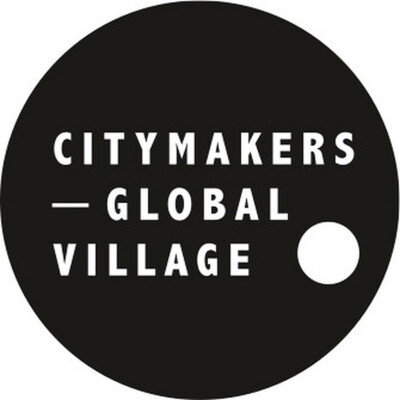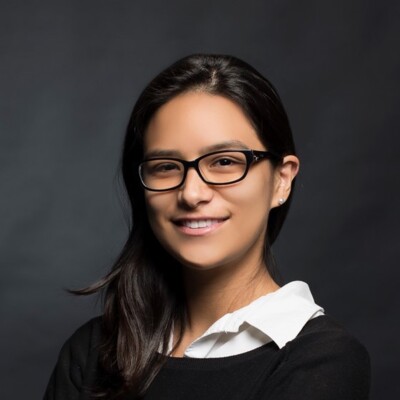Holding a Bachelor’s degree in architecture and a Master’s degree in urban affairs, Edna Peza-Ramirez is currently finishing her PhD at the Université de Paris. She is responsible for the project City of Fear, funded by the Horizon 2020 Marie Curie Actions and the Fondation Palladio of France. She is the founder of CITY-CITÉ-CIUDAD, a startup focusing on collaborating with urban actors to improve safety in public spaces at a human scale. She is also the executive director of CPTED France.
Originally from Mexico, she lives in France, and has been involved in projects of city making in several European countries. These projects range from scientific research and communication to tactical urbanism and animation. She has also been a lecturer on design methodology, XXth century architecture preservation, and public space analysis. Edna is currently collaborating with the city of Piraeus (Greece) as an Urban Innovative Actions Expert for BeSecure FeelSecure, a project that aims to improve security in public spaces through CPTED and citizen engagement.
Edna is the author of books, articles, and conferences on issues of feelings of insecurity in public space – particularly for women – as well as on matters of citizen participation as means to improve public spaces, modern architecture, and issues of the Global South. After participating in the CITYMAKERS Accelerator Deep Dive Lab, she joined our larger CITYMAKERS network.



